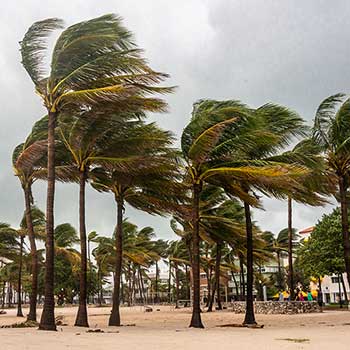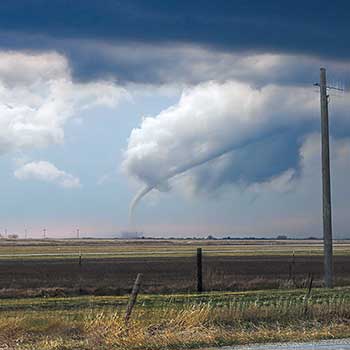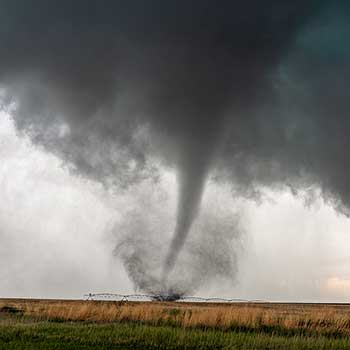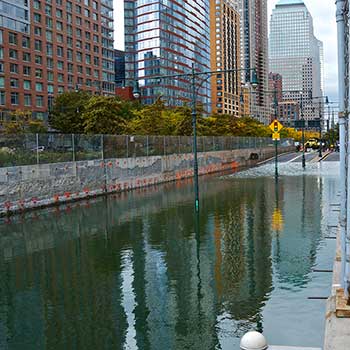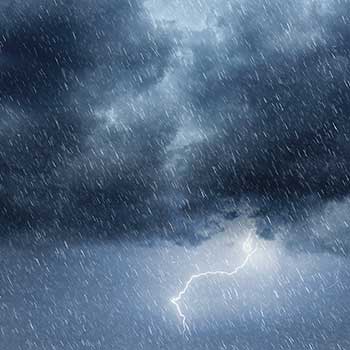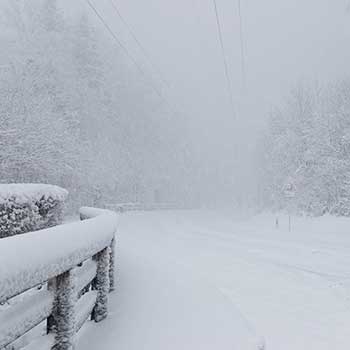A new study from Colorado State University reveals that surface pressure is a better benchmark than sustained wind speeds for forecasting hurricane damage potential.
For decades, wind speeds have been used in categorizing hurricanes, however, this new study led by noted hurricane season forecaster Dr. Philip Klotzbach, shows that the amount of damage that a hurricane causes is better related to a storm’s minimum sea-level pressure. We summarized it for you below.
Surface pressure is already a common test of strength used in hurricanes and storm systems around the globe. (Think the same metric that’s used to see if weather is getting better or worse by seeing if the pressure is rising or falling.)
Generally, the lower the central pressure, the stronger the storm. The lowest pressure in a hurricane is always found at its center, or in its eye. In the current scale, the Saffir-Simpson Hurricane Wind Scale (SSHWS), not all hurricanes within a certain category are the same because the scale only takes into account the highest wind speeds within that particular storm. Hence why in some cases, a Category 2 hurricane could be worse than a Category 4.
When it comes to sea-level pressure, it is more directly related to all threats that come with a hurricane. A hurricane’s pressure is generally lower as wind speeds increase, but pressure is also lower when a storm is larger in size.
A storm that is larger in size usually has a bigger storm surge, brings more rainfall and may have more embedded tornadoes. A larger storm is also more likely to bring damaging hazards to larger population centers. For the full story, click here.
Property damage due to a hurricane?
When it comes to property damage due to a hurricane, while many have satisfactorily settled their insurance claims and made their repairs, many thousands have found that their initial insurance claim settlement was not adequate to rebuild. Some discovered additional damage that wasn’t apparent earlier.
Insurance Litigation Group has a team of highly experienced claims consultants and insurance attorneys ready to inspect your property, review your insurance policy and to either reopen an older claim or help file a supplemental hurricane damage claim. Contact us today!
